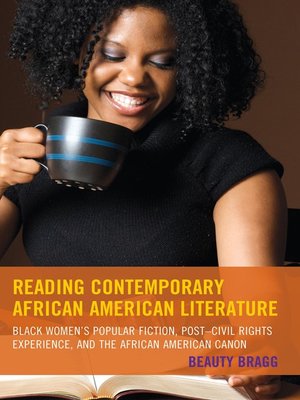
Originally published in 1992, Forrest’s masterpiece, Divine Days, was inspired by James Joyce’s Ulysses and hailed as “boldly musical” by the New York Times and “dazzling” by Publishers Weekly. His first novel, There Is a Tree More Ancient Than Eden, included an introduction by Ralph Ellison and was edited by Toni Morrison, who also worked with Forrest on two subsequent novels, The Bloodworth Orphans and Two Wings to Veil My Face. LEON FORREST (1937–1997) was born in Chicago and taught at Northwestern University for more than two decades. Much of the inventory from the original printing of the book by Another Chicago Press in 1992 had been destroyed in a disastrous warehouse fire. Norton, but were not made for their editions in 19. This edition brings Forrest’s masterpiece back into print, incorporating hundreds of editorial changes that the author had requested from W.
With a structure inspired by James Joyce and jazz, Leon Forrest folds references to African American literature and cinema, Shakespeare, the Bible, and classical mythology into a heady quest that embraces life in all its tumult and adventure. Divine Days introduces readers to a score of indelible characters: Imani, Joubert’s girlfriend, an artist and social worker searching for her lost siblings and struggling to reconcile middle class life with her values and Black identity Eloise, who raised Joubert and whose influence is at odds with his writerly ambitions (Oscar) Williemain, a local barber, storyteller, and founder of the Royal Rites and Righteous Ramblings Club and the Night Light’s many patrons.

Ford, a protean, diabolical preacher who led a religious sect known as “Divine Days.” Joubert takes notes as he learns about both tricksters, trying to understand their significance. Sugar-Groove’s disappearance recalls the subject of one of Joubert’s earlier writing attempts-W. He wants to write a play about Sugar-Groove, a drifter, “eternal wunderkind,” and local folk hero who seems to have passed away.

Joubert is a veteran, recently returned to the city, who works for his aunt Eloise’s newspaper and pours drinks at her Night Light Lounge.

A kaleidoscopic whorl of characters, language, music, and Black experience, this saga follows Jones for one week in 1966 as he pursues the lore and legends of fictional Forest County, a place resembling Chicago’s South Side. A virtuosic epic applauded by Stanley Crouch as “an adventurous masterwork that provides our literature with a signal moment,” back in print in a definitive new edition “I have an awful memory for faces, but an excellent one for voices,” muses Joubert Jones, the aspiring playwright at the center of Divine Days.


 0 kommentar(er)
0 kommentar(er)
